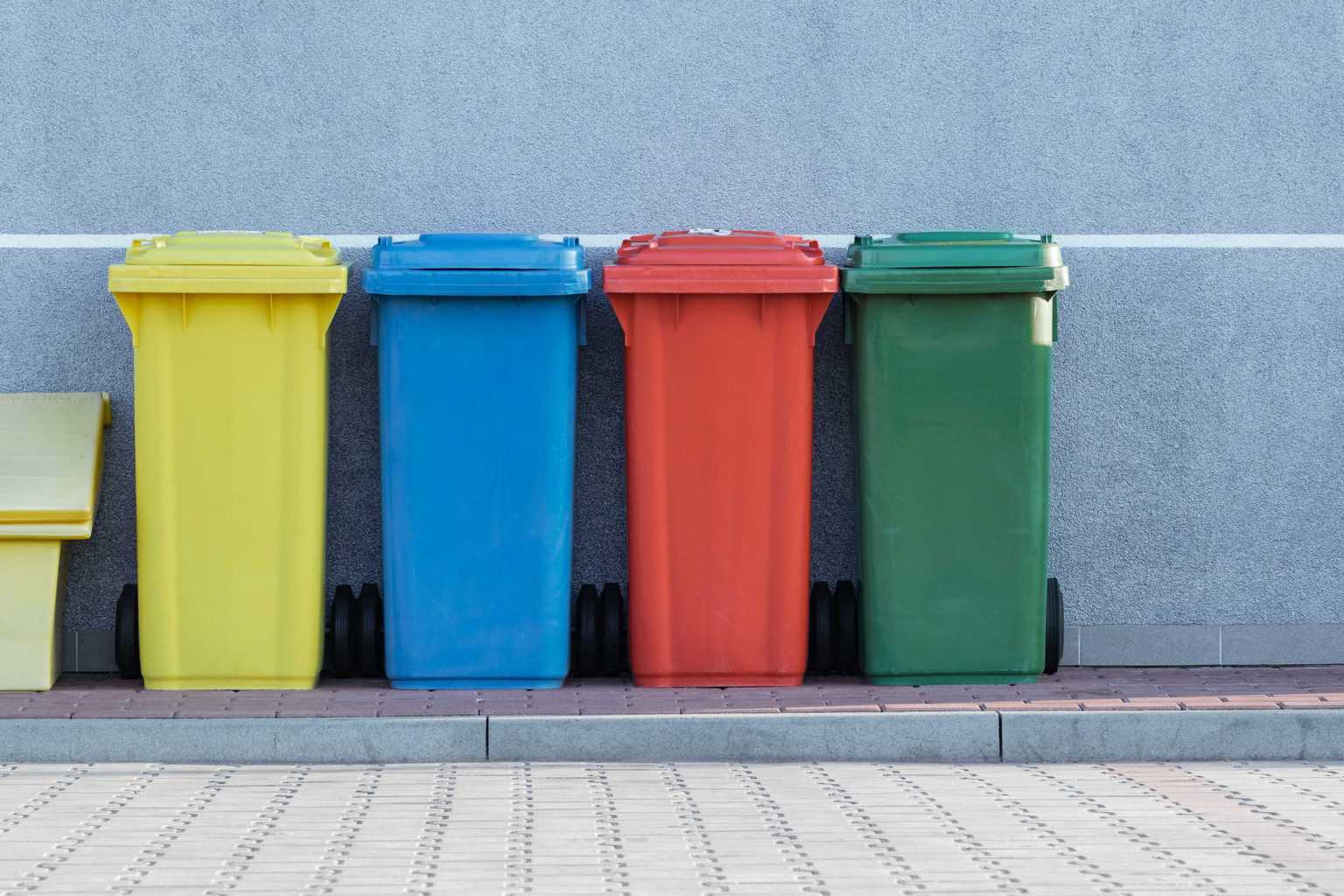We at KwikSweep we know the importance of recycling for the health of our planet. Plus, recycling is essential for keeping finite sources available. Which is why it’s so important that we all take the time to recycle as much of our waste as possible.

Yet, when you consider that London only recycles or composts around 33% of its waste compared with the national figure of 43%, what can be done to improve recycling rates? Especially when individuals alone cannot fix the climate problems in London without help.
More Recycling Options Need to Be Available for Those in Flats
One of the big issues with recycling in London is due to the fact that around 50% of homes in London are flats. As you can imagine, for people with mobility issues or a young family, travelling all the way down to their ground floor to then start and try sorting recycling into different bins can be an extreme hassle. Particularly if these recycling points are at a central point at a distance from your block of flats.
To help with this, when new homes or flats are built, emphasis needs to be put on providing an easy and simple way for residents to recycle easily. For instance, in Switzerland, all homes are given bin bags suitable for recycling, which makes it easy for residents to bag up recycling and put it in one central point.
Integrated bins in kitchens should also be introduced, where there’s a clear bin for paper, glass metal etc. Plus, by only providing a small space for general waste, people will be more inclined to use their recycling bins.
Recycling Bins and Universal Recycling Strategy
Due to the high number of renters in London, people are known to move a lot. Because of this, they are often moving to different boroughs in London, where recycling might be conducted differently by the council, which causes confusion and makes people less likely to recycle to their fullest ability.
To counteract confusion, it is essential that landlords and the local council provide clear recycling bins and instructions. This will help residents to know exactly what they should recycle and how they should do it. As, when people have a clear idea of how to do something, they are much more likely to do it.
There also needs to be a better understanding of what cannot be recycled, particularly items like baby wipes that are so often discarded in the wrong way. Not only can these not be recycled – and can indeed ruin items that are suitable for recycling – they also cannot be flushed down the loo, where they cause a lot of problems.
Overall, it might seem like a big expense to change the way future homes are built in order to ensure easy, integrated recycling. However, some boroughs are already spending a large amount of money to remove items that could be recycled from general waste.
Just remember, a couple of decades ago only 8% of rubbish in London was recycled, it might take a while but these numbers can be improved. Yet this will only happen if the government and local councils work together to make it easier.